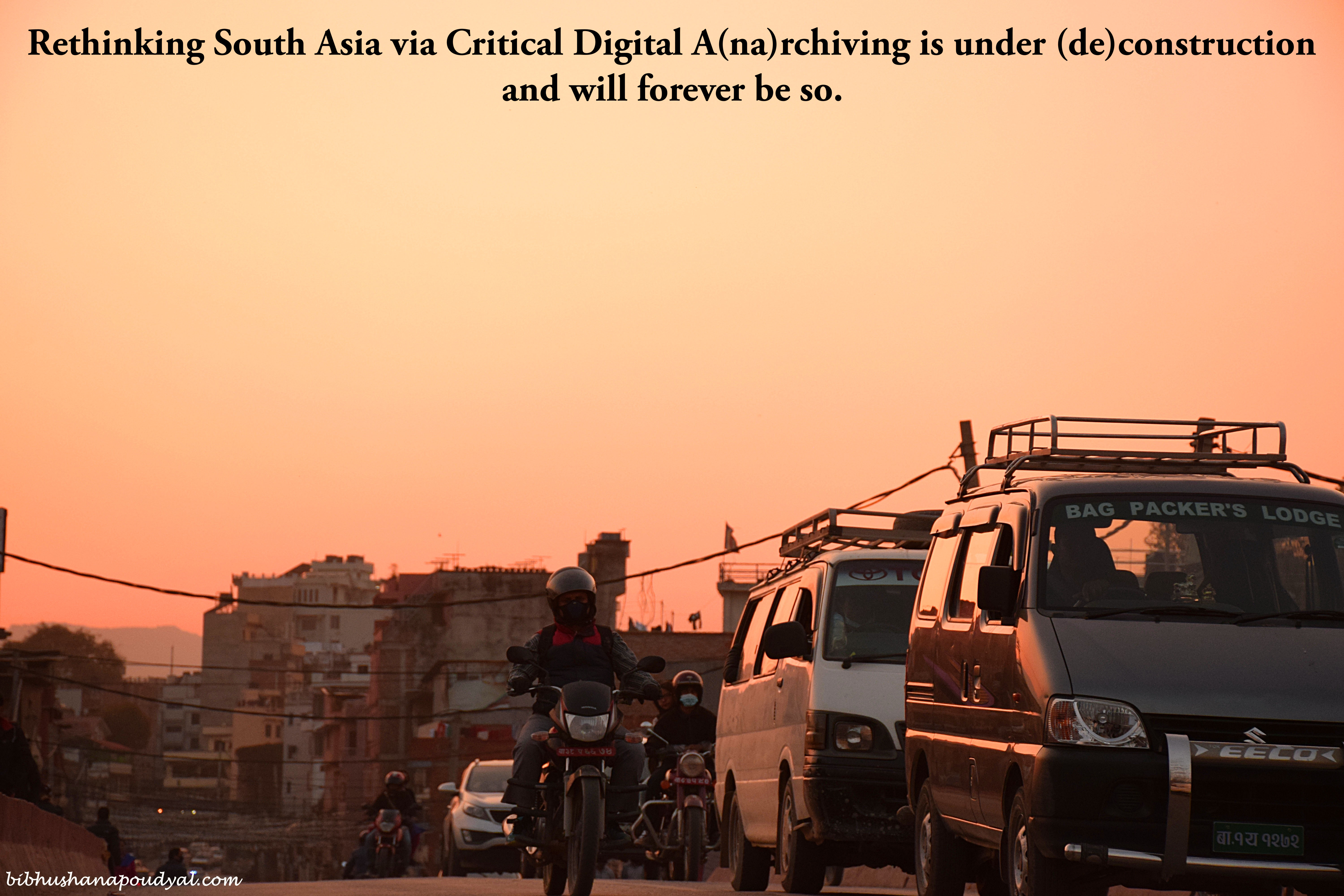After my panel presentation at #4C2019 on “Critical Digital Archiving Against the Grain: Precarities, Negotiations, and Possibilities,” one of the attendees came up to me, appreciated my research area, and asked me enthusiastically, “Have you ever imagined how the platform for digital archive built by Non-Westerners would look like?” I just couldn’t answer this question the way he might have preferred. I replied, “You know what, I really dunno. I really cannot speak for unlocatable differences there within what we call Non-Westerners. I can’t speak even for myself actually, let alone for Non-Westerners.” The thing is the kind of homogeneity we incline to accept in the nouns like Non-Westerners backfires the role of activists we might want to assume for ourselves. These nouns should communicate only about alliances among Non-Westerners based on the experiences we share due to different forms of violence caused by colonialism, neocolonialism, and cultural imperialism. But these nouns should not be assumed with any kind of essential feature that ‘represent’ us all. Furthermore, almost all forms of structural violence are inflicted and justified based on identity constructions and assumed/forced essential features in each identity category (race, nationality, sexuality, gender, sex, color, caste, class etcetera). Therefore, if our resistance relies on the same essentialist epistemology and ontology, which is the tool of violence, we end up persisting the same tool of violence confirming that even if the violence is not right, the foundation of violence is. Identity politics is not a solution, but a dangerous solution-posturing perpetuation. To elaborate, I will discuss my doctoral research –on which my 4Cs presentation was –and one of my methodologies, community-based participatory research.
Rethinking South Asia via Critical Digital A(na)rchiving
My doctoral research emerges out of the interstices and intersections of South Asian Studies, Postcolonialism, Feminism, and Critical Digital Humanities. My goal through this research is to work on de/reconstructing knowledge about South Asia from the discursive and/or the geographical location of Nepal and to show internal contradictions within the structure of identity categories. To do so, I am building, documenting, and theorizing an online, open-access digital archive of street photography in Nepal and it’s titled Rethinking South Asia via Critical Digital A(na)rchiving: Politics, Im/Possible Ethics, and Anti/Aesthetics. The purpose is to offer multidimensional, contingent, and contradictory narratives about Nepal and South Asia and to develop possible theories, methodologies, and methods for building post/de/anticolonial and feminist digital archives of Other(ed) worlds. And community-based participatory research is one of my methodologies.
